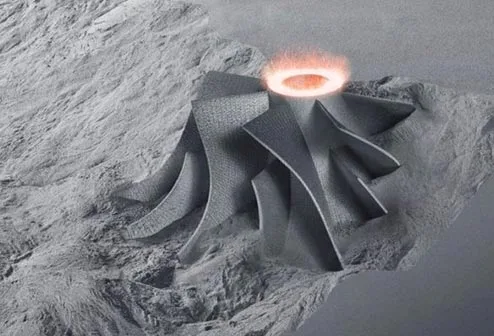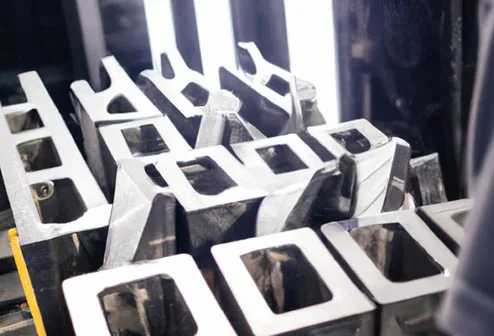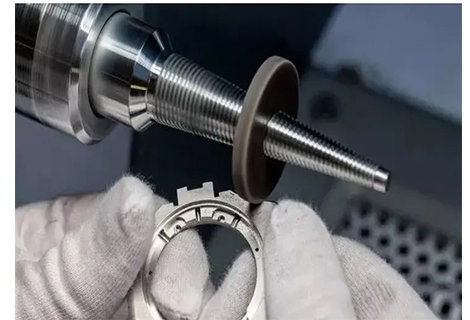Titanium vs steel is an interesting argument for the reason that these two metals offer a wide range of alloys and applications. Is titanium stronger than steel or is steel stronger than titanium? Is it suitable to choose steel or titanium aiming for your high-strength application? Now, let’s have a look at their differences.
Is titanium stronger than steel? Let’s start from their properties. Steel and titanium are highly valued by many manufacturers due to their durability, strength, and resilience to severe environments. Titanium and steel have different properties. Knowing these properties is essential for understanding which metal Is the right choice for your project.
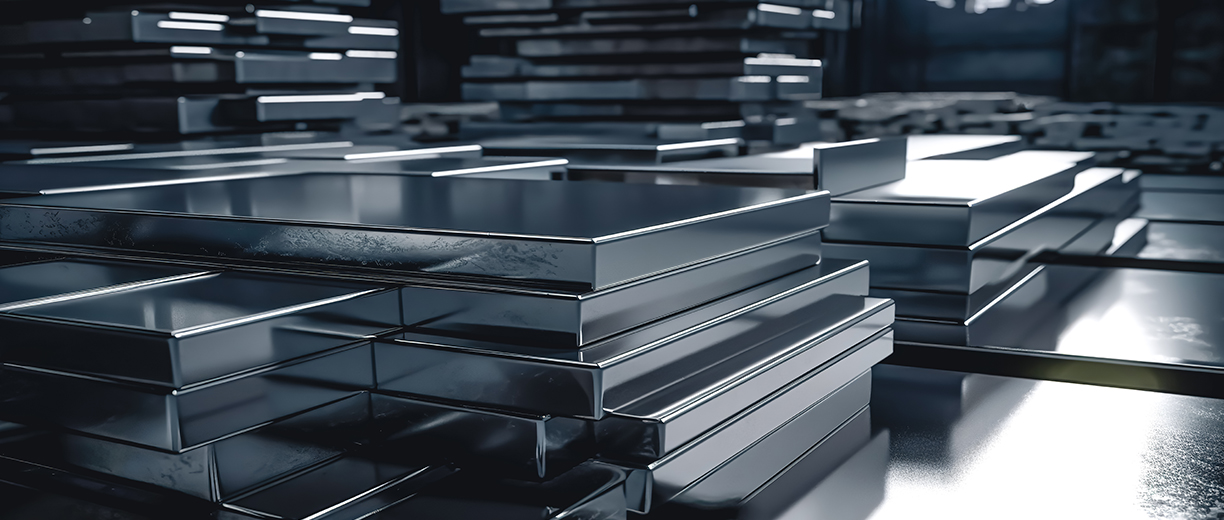
What is titanium? Titanium is a lustrous transition metal known for its silver-gray color. Because of its high cost, it is usually found in high-performance industries. Many people believe that titanium is a rare kind of metal due to its high price. Actually, the high cost is due to the complex processing requirements. Titanium, by definition, has an exceptionally high melting point. In comparison to steel, this makes titanium extremely difficult to mill or process. Titanium is often alloyed with other metals to enhance its properties, such as strength and temperature resistance.
Titanium has a better strength-to-weight ratio, making it recommended for applications requiring stronger, lighter alloys, such as aerospace. Nowadays, it is widely used in various industries, including aerospace, automotive, medical, and sports equipment, due to its exceptional strength, lightweight, corrosion resistance, and biocompatibility.
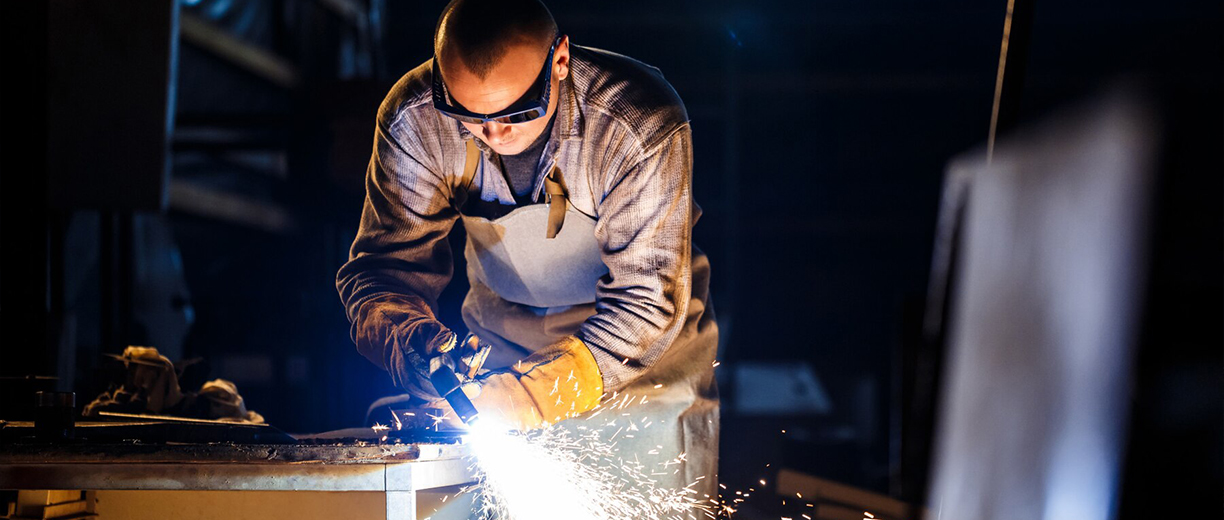
Steel is produced through the process of iron ore smelting, where iron is extracted from its ore and then combined with carbon to create steel. Steel, an iron-carbon alloy, can be combined with various proportions of other metals such as titanium, chromium, zinc, or other metals to improve any specific property. Steel with the properties of its exceptional strength and durability, makes it a versatile material used in a wide range of applications. It exhibits excellent mechanical properties, including high tensile strength, good machinability, and resistance to wear and impact. Steel can withstand high temperatures, making it suitable for use in environments with extreme heat. It also has good conductivity and can be easily formed or shaped into different structures, making it highly flexible for various engineering purposes.
Here's a brief table that compares steel to titanium.
Properties | Titanium | Steel |
Density | 4.51 g/cm³ | 7.8–8 g/cm³ |
Stiffness | 116 gigapascals. Titanium is difficult to manufacture due to its low hardness. | 200 gigapascals. Steel exceeds titanium in this aspect and typically has a high Brinell number. |
Tensile yield strength | Titanium has a higher strength-to-weight ratio. Highly resistant to corrosion from various environmental factors such as water, moisture, and chemicals. | Steel has a higher tensile yield strength than titanium. |
Corrosion resistance | Titanium has excellent corrosion resistance. It is highly resistant to corrosion from various environmental factors such as water, moisture, and chemicals. | Steel alloys often function pretty well in a variety of situations, but steel is susceptible to corrosion. |
Weight | Titanium is lighter than steel, so it is a preferred material for weight-sensitive applications. | Steel alloys are generally durable, yet they are rather heavy. They are an alternative for applications where weight is not a major design restriction. |
Price | Titanium is abundant. However, the cost of process and milling for titanium is really expensive due to its high melting point and processing requirements. The cost of process and milling for titanium is really expensive due to its high melting point and processing requirements. | Steel is a very cost-effective material. It is simpler to manufacture because there is no shortage of iron and carbon in the natural world. |
The choice between titanium and steel is critical and can affect the outcome of a project. You can choose titanium or steel by comparing different characteristics and features. There are several factors to consider:
Comparison Material | Titanium | Steel |
Cost | √ | |
Weight & Strength | √ | |
Corrosion Resistance | √ | |
Ease of Fabrication | √ | |
Availability of Alloys | √ | |
Durability | √ |
1. Cost
Steel is generally more affordable than titanium. Titanium is known for its high cost due to its scarcity and difficulty in extraction and processing.
2. Weight & Strength
Titanium has a higher strength-to-weight ratio compared to steel. That is to say, the titanium is stronger than steel. It is known for its excellent strength and durability, making it an ideal choice for using in use aerospace, and medical devices where weight is a concern.
3. Corrosion Resistance
Titanium is highly corrosion-resistant, even in harsh environments, whereas steel is susceptible to rust and corrosion. If the application involves exposure to moisture or chemicals, titanium may be more suitable.
4. Ease of Fabrication
Steel is easier to fabricate than titanium. Steel can be easily welded, machined, and formed, while titanium requires specialized equipment and techniques due to its high strength and low thermal conductivity.
5. Availability of Alloys
Steel offers a wide range of alloys with varying properties to meet different requirements. Titanium alloys also exist but are not as widely available as steel alloys.
6. Durability
Both titanium and steel are known for their durability. However, titanium is more resistant to fatigue, making it suitable for applications that require high cyclic loading or prolonged use.
Are you still confused about whether to use titanium or steel? Or do you need a partner who can assist you in getting familiar with titanium and steel and delivering high-quality products at a cost-effective price to you?
If so, Richconn is just what you need!
Richconn is experienced in CNC metal machining with the material of both titanium and steel and has high-quality teams. We also offer low-volume prototyping and mass manufacturing at a quite reasonable price. You can contact us for both instruction and professional advice on the fabrication of your design and the use of materials. Contact us and get a quote today!
Is titanium stronger than steel? You must find the answer from the above information. Yes, the titanium is stronger than steel. There's a reason why choosing between steel and titanium isn't as simple as it seems. You'll favor one over the other depending on the specific needs of your design. Before making your final decision, it's vital to understand the fundamental features of both materials. Before making your final decision, try contacting Richconn for professional ideas for free.
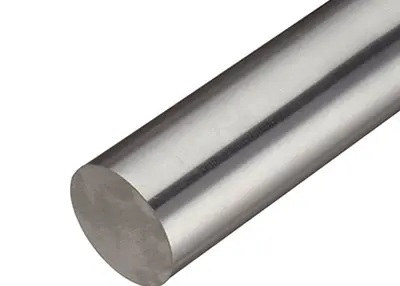 Material Properties in More DetailOctober 18, 2023The functionality of a part is largely dependent on obvious factors such as shape, size, wall thickness, joints, etc. Less obvious, but equally important, are the properties of the material from which it is injection molded, CNC machined, or 3D printed (cut, bent, formed, etc.).view
Material Properties in More DetailOctober 18, 2023The functionality of a part is largely dependent on obvious factors such as shape, size, wall thickness, joints, etc. Less obvious, but equally important, are the properties of the material from which it is injection molded, CNC machined, or 3D printed (cut, bent, formed, etc.).view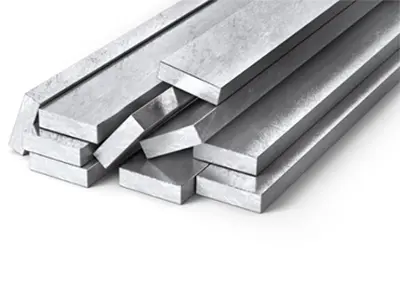 What five axes does the five axes machining center have?March 6, 2023Five-axis machining centers have long been important in the aerospace industry, where machined parts follow the aerodynamic form of the aircraft. Some machines move the rotary axis simply to position ...view
What five axes does the five axes machining center have?March 6, 2023Five-axis machining centers have long been important in the aerospace industry, where machined parts follow the aerodynamic form of the aircraft. Some machines move the rotary axis simply to position ...view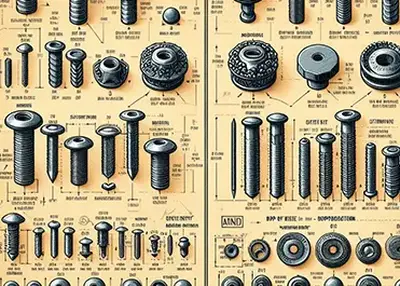 Pop Rivets vs. Blind Rivets: A Comparison of Two Common FastenersNovember 28, 2023Fasteners are devices that are used to join or hold two or more materials or parts together. There are many types and categories of fasteners, such as screws, bolts, nuts, washers, nails, pins, etc.view
Pop Rivets vs. Blind Rivets: A Comparison of Two Common FastenersNovember 28, 2023Fasteners are devices that are used to join or hold two or more materials or parts together. There are many types and categories of fasteners, such as screws, bolts, nuts, washers, nails, pins, etc.view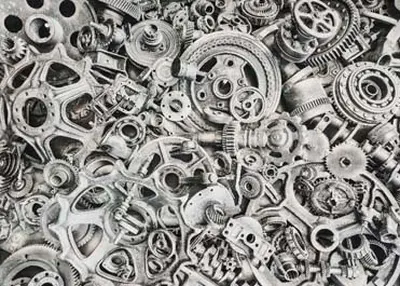 In-Depth Overview: What Are Non-Ferrous Metals?August 7, 2023Metals may be found everywhere and are used for a variety of purposes. There are two different types of metals, ferrous and non-ferrous—based on how much iron they contain. Non-ferrous metals are a c...view
In-Depth Overview: What Are Non-Ferrous Metals?August 7, 2023Metals may be found everywhere and are used for a variety of purposes. There are two different types of metals, ferrous and non-ferrous—based on how much iron they contain. Non-ferrous metals are a c...view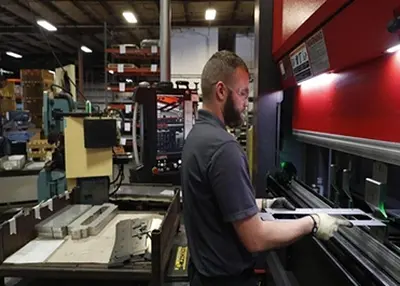 Tips for Selecting Trustworthy CNC Manufacturing Shops for CNC PartsApril 28, 2024This article introduces CNC manufacturing and provides you with professional advice and considerations for selecting reliable CNC manufacturing shops.view
Tips for Selecting Trustworthy CNC Manufacturing Shops for CNC PartsApril 28, 2024This article introduces CNC manufacturing and provides you with professional advice and considerations for selecting reliable CNC manufacturing shops.view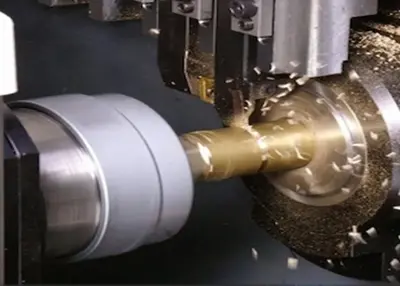 5-Axis CNC Machining: Faster Speeds and Higher PrecisionJuly 27, 2023One of the ambitious goals of the manufacturing industry is to complete processing in one go: putting a piece of material into a machine tool, running a program, and finally obtaining a perfectly Mach...view
5-Axis CNC Machining: Faster Speeds and Higher PrecisionJuly 27, 2023One of the ambitious goals of the manufacturing industry is to complete processing in one go: putting a piece of material into a machine tool, running a program, and finally obtaining a perfectly Mach...view
 EN
EN
 ru
ru 

